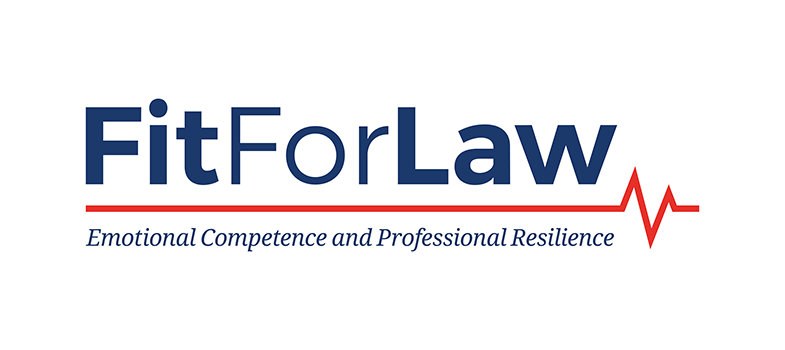Colleagues with mental health conditions
Each year one in four people will experience a mental health difficulty in England (Mind, 2022) and it is likely that one or more of your colleagues will have a diagnosed mental health condition, such as anxiety or depression, which they may be private or open about. It is important to recognise that many people with mental health conditions manage them well and have good levels of wellbeing.
Training courses are often available though the workplace, like Mental Health First Aid, which can help you support your colleagues at work. If this training is not available, a simple technique to start a difficult conversation can be to ask twice, for example: ‘How are you? How are you really?’. Additional resources are available from the charity Mind [Tip: hold Ctrl and click a link to open it in a new tab. (Hide tip)] and the Mental Health Foundation.
Responding to a colleague in mental distress
If you are spending a lot of times with a colleague, you may be the first person who identifies something is wrong. Some signs to look out for include:
- Sudden changes in behaviour or routines for no apparent reason.
- A sudden change in the standard of work produced.
- A lack of willingness to engage with other colleagues.
- Erratic responses by email or in meetings.
This flow chart gives some guidance on how to approach a situation where you have identified potential warning signs or cues:
Continue to 4 Working with other professionals.
3.3 Supporting colleagues

